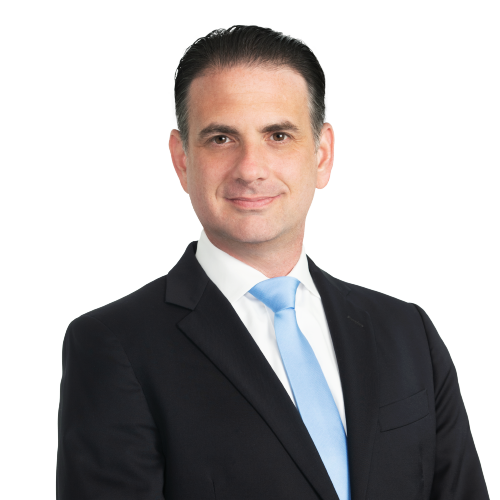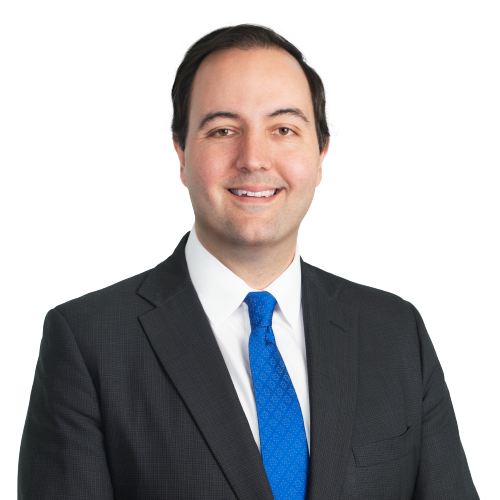What You Need to Know About Major Changes to Florida’s Telemarketing Statutes
Most notably, the amendments include important changes to allow a private cause of action to be brought under the Florida Do Not Call Act. If past is prologue, these changes will lead to an increase in court filings as plaintiffs will be able to bring private causes of action in Florida alleging violations of the state’s telemarketing statutes.
The Amended Florida Law May Be Broader Than the Federal TCPA
Enacted in 1991, the federal Telephone Consumer Protection Act (TCPA) prohibits unsolicited calls or text messages using an artificial voice, prerecorded message, or automatic dialing system. Over the last decade, the TCPA has been the subject of tens of thousands of lawsuits in federal court.
On April 1, the U.S. Supreme Court ruled in Facebook v. Duguid that an automatic telephone dialing system (ATDS) under the TCPA is limited to devices that have the capacity to use random or sequential number generators in either storing or producing a telephone number. The scope of the Facebook decision is still being sorted out, but the early returns have generally been favorable for defendants. If the consensus emerges around these defense-friendly interpretations of Facebook, we expect that continuing focus of TCPA actions will be on other parts of the statute—particularly the ban on prerecorded calls and calls to numbers on the do-not-call list.
However, in Florida, the landscape will be different in light of new amendments to the Florida Do Not Call Act.
As summarized by the Florida Senate Commerce and Tourism Committee, the “bill requires all sales telephone calls, text messages, and direct-to-voicemail transmissions to have the receiving consumer’s prior express written consent if the call will be made using an automated machine to dial the recipient’s phone number, or will play a recorded message upon connection with the recipient.”
What Types of Calls Are Covered and What Is Not Covered
At its baseline, the act covers telephonic sales calls—and that term is specifically defined in Florida Statutes section 501.059(g) as follows:
“Telephonic sales call” means a telephone call, text message, or voicemail transmission to a consumer for the purpose of soliciting a sale of any consumer goods or services, soliciting an extension of credit for consumer goods or services, or obtaining information that will or may be used for the direct solicitation of a sale of consumer goods or services or an extension of credit for such purposes.
The definition in Florida Statutes section 501.059(g) has long been in place and is not being amended.
While the terminology is slightly different, in the basic parlance that has long been used in interpreting the TCPA, the Florida act applies to “marketing” calls and not to “informational” calls.
Given that the definition of “telephonic sales call” is similar to the TCPA definitions in 47 C.F.R. Section 64.1200(f)(12) (telemarketer), (13) (telemarketing), and (15) (telephone solicitation), that courts have looked to when deciding whether a call was for marketing or informational purposes, we expect that the Florida federal court decisions addressing that question will get significant attention. These cases include Edelsberg v. Vroom, No. 0:16-cv-62734, 2018 WL 1509135 (S.D. Fla. Mar. 27, 2018), Newhart v. Quicken Loans, No. 9:15-cv-81250, 2016 WL 7118998 (S.D. Fla. Oct. 12, 2016), and Eldridge v. Pet Supermarket, 446 F. Supp. 3d 1063 (S.D. Fla. 2020).
Key New Provisions in Amended Florida Act
There is now an explicit private right of action under the Florida law. It largely mirrors the TCPA and allows aggrieved parties to recover actual damages or $500, whichever is greater, or treble damages if the violation is willful or knowing. The Florida statute did not previously include an explicit private right of action, and attempts to imply one were uniformly unsuccessful.
The amendment also added provisions that restrict a person from making telephonic sales calls if such call “involves an automated system for the selection or dialing of telephone numbers or the playing of a recorded message when a connection is completed” without the prior express written consent of the called party. We expect that most of the anticipated litigation will relate to this provision. In Facebook, the Supreme Court dealt with specific statutory language, which defined “automatic telephone dialing system” as “equipment which has the capacity … to store or produce numbers to be called, using a random or sequential number generator, and to dial such numbers.” The critical difference is that—unlike the TCPA—the amended Florida statute does not have a statutory definition that limits its reach to technology that has the capacity to randomly or sequentially generate a number to be called. Instead, we expect that plaintiffs’ lawyers will argue that the amendments to the Florida statute include dialing from customer lists. So the big question—and the issue on which hundreds of millions of dollars will likely turn—will be whether courts follow the Facebook formulation or if a definition that includes list-based calls prevails.
Exceptions for making calls without consent were removed for both prior exempt and nonexempt entities. Specifically, the amendment deletes prior language that allowed the use of an automated telephone dialing system in response to calls initiated by recipients of prior calls; to numbers that had been screened to exclude telephone subscribers on Florida’s “no sales solicitation calls” listing or any unsolicited number; and if the calls made concerned goods or services previously ordered or purchased.
A rebuttable presumption was also created stating that any sales call made to any area code in Florida is made to a Florida resident or a person in the state at the time of the call. We expect that plaintiffs’ lawyers will draw class definitions that fit within this statutory language.
Reprinted with permission of the Daily Business Review.


